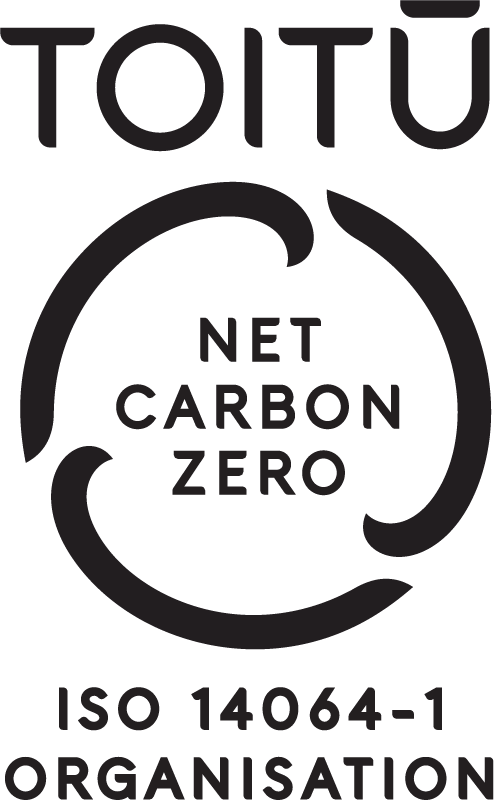
How to invest in a VUCA World
28 September 2022I have never been a fan of social media. And yes, I can hear the sniggers from my friends and peers, given I do post a lot of my thoughts and articles on it, and occasionally show my friends what I have been up to. Most of which has been highlighting just how beautiful New Zealand is during the past two COVID years.
I believe social media has a lot to answer for around how our general wellbeing is today. I see it impacting not only my generation but also my children’s generation, which I believe has caused, in part, the epidemic of anxiety we have today.
For example, imagine living in New Zealand during the Second World War. Instead of getting the highly censored news reels at the movie theatres and radio news bulletins, you were instead being bombarded via all the social media channels we have today, on a minute-by-minute basis, about what was happening in Europe and the Pacific conflicts. Imagine the fake news as well! I suspect that the levels of anxiety would have been far greater than they were back then, notwithstanding the terrible loss families suffered during both of those conflicts.
The ‘always on’ nature of life today can have a damaging impact on your finances too, if you’re not careful. Which brings me to VUCA.
The term VUCA has been used since the mid-1980s and is an acronym for:
- Volatility - refers to the speed of change in an industry, market or the world in general. The more volatile the world is, the more and faster things change.
- Uncertainty - refers to the extent to which we can confidently predict the future. The more uncertain the world is, the harder it is to predict
- Complexity - refers to the number of factors that we need to take into account, their variety and the relationships between them. The more complex the world is, the harder it is to analyse
- Ambiguity - Ambiguity refers to a lack of clarity about how to interpret something. The more ambiguous the world is, the harder it is to interpret
My simple premise is that over time there have been many VUCA moments in the world’s history, the difference today is we are being made more aware of them due to the technological advances in getting information out to distribution channels more quickly.
VUCA has come to mind recently because of the current investment market fluctuations we have had, which have impacted Kiwis’ retirement saving nest eggs. The main contributors have been higher than expected inflation on a global basis, rising mortgage rates, the conflict in the Ukraine, supply of goods not meeting demand, the ripple effect of COVID and let’s not forget global warming.
The funny thing is VUCA is nothing new when it comes to our economic cycle. You don’t have to look that far back to remember the impact of the credit crisis in 2008, the share market crash in 1987, and the oil crisis in the 1970s to name just a few.
The difference is the speed at which that information is shared and digested and how quickly the market has priced it in valuations of companies and the bond market. By the time you get to read about these impacts and start thinking whether it’s a good time to invest or pull your money out of the market the opportunity has already gone.
What we have today is the explosion of what many are now calling the 4th industrial revolution and it’s just getting started. From the articles I have read recently it seems that we are just at the front door of this new revolution. For many, the challenge will be even greater to keep up with what is happening, let alone how it might impact your retirement outcomes.
So, how do you navigate this new world and avoid adding to any anxiety over money, especially when thinking about your savings and investments today? Well, here are some ideas to get you started, especially if you are in KiwiSaver:
- Don’t stop saving even if you think things are going to get worse, not better. Saving regularly from your salary or wages is the best way to maximise the process of dollar cost averaging
- Try not to change your fund or move to a more conservative option. This may realise an actual loss on your investments at a time that you can least afford to do so
- If you are not sure what fund is right for you, talk to your KiwiSaver provider or financial adviser
- Have a plan and stick with it. If you don’t have one check out the tools on Sorted to help get you started.
- Remember your long-term goals and try not to time the market, let the key elements of VUCA work for you, do not try to outsmart them
- If you don’t have an emergency fund look to start one. A good rule of thumb is three months’ salary or wages. Having that buffer in case the unexpected happens can’t be underestimated in helping to reduce your short-term worries
- Try to limit your intake of investment news and social media white noise. Try not to worry about the things that you can’t control. Bad news sells but, in most cases, they are things that are well beyond your control. Work on the areas that you can control and seek some good advice before making any significant changes to your investment strategy
While writing this story an article came in from one of my trusted news feeds, stating that in the UK the number of savers opting out of their pension scheme (which is a little bit like KiwiSaver over there) jumped to 29%, which is an alarming statistic. While it might feel the most intuitive thing to do - stop saving for a while when things look bad - the long term impacts of doing so can make a significant difference to your overall retirement outcome. A better acronym came to mind: KCACO. Keep Calm and Carry On.
Disclaimer: David Boyle is Head of Sales and Marketing at Mint Asset Management Limited. The above article is intended to provide information and does not purport to give investment advice.
Mint Asset Management is the issuer of the Mint Asset Management Funds. Download a copy of the product disclosure statement here.


